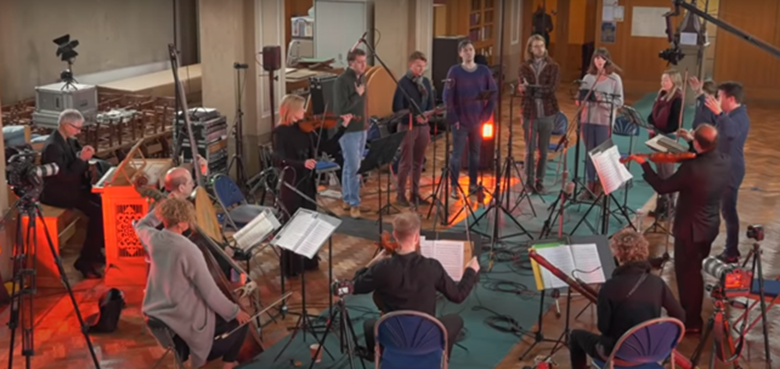The Long View | Is naturalism the gem we can salvage from 2020’s slim pickings?
Andrew Mellor
Wednesday, August 25, 2021
If we must return to business-as-usual, we can at least retain and develop the refreshing naturalism we flirted with in 2020


Register now to continue reading
Don’t miss out on our dedicated coverage of the classical music world. Register today to enjoy the following benefits:
- Unlimited access to news pages
- Free weekly email newsletter
- Free access to two subscriber-only articles per month